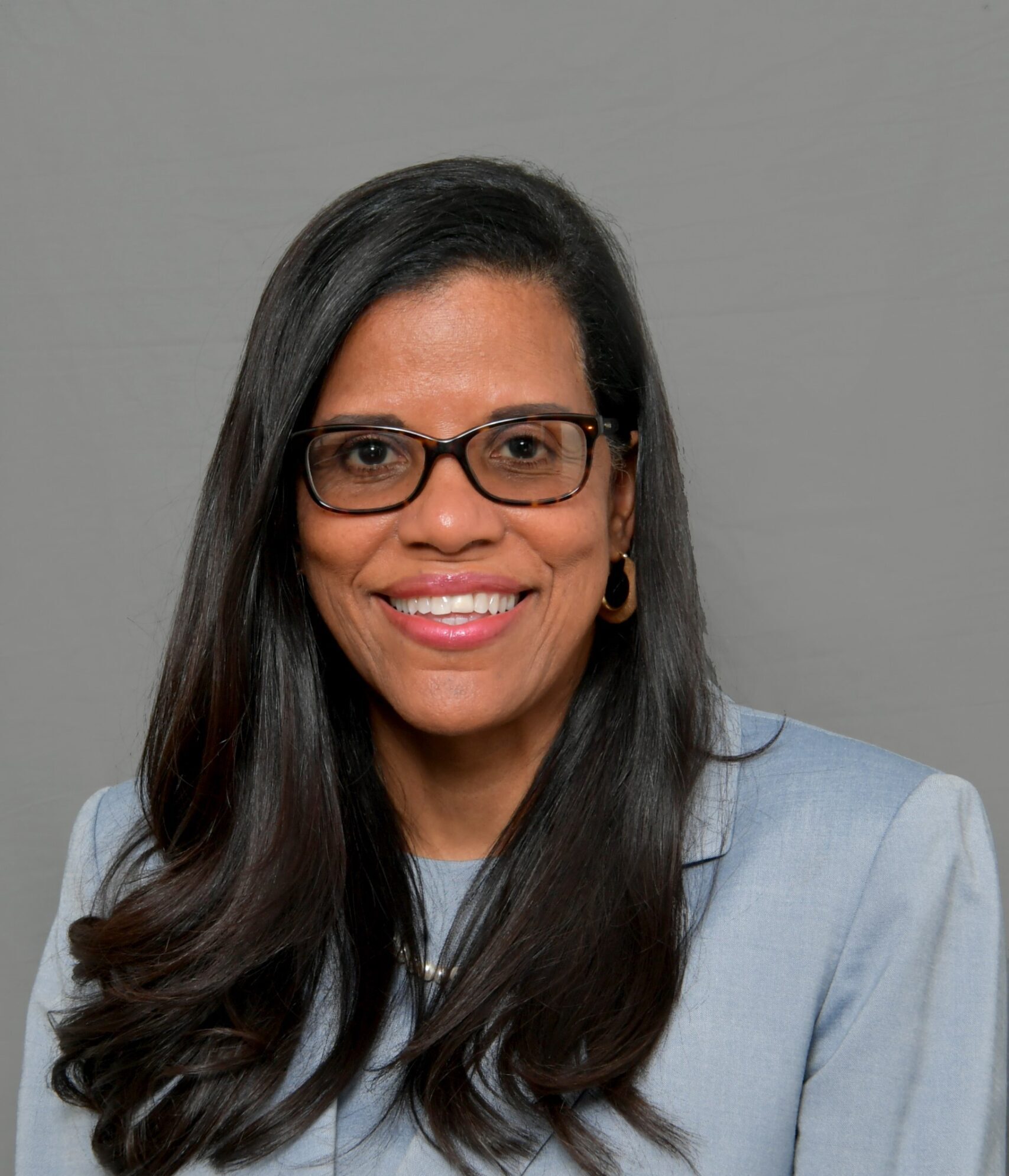Launched in 2022, The Texas Southern University Division for Research & Innovation is spearheading the institutions efforts in attaining the highest-tier classification for research in higher education institutions. Dr. Michelle Penn-Marshall, who serves as Vice President for the division, recently sat down with us to talk about the university’s mission to become a leader in research and the long-term goals for engaging students in the energy sector and advancing the energy transition.
Q: Can you give our audience an overview of the Division of Research & Innovation at Texas Southern University?
The Division of Research and Innovation is the latest in Texas Southern University’s (TSU) efforts to attain the highest-tier classification for research in accordance with the Carnegie Classification of Research Institutions of Higher Education. As an elite Historically Black Colleges and Universities (HBCU) Carnegie Classified R2 research institution, TSU provides meritorious research and innovation for the world-renowned Texas Medical Center and greater Houston community. The legacy of TSU is one of public service while responding to the needs of our stakeholders and community partners. The solutions and measured outcomes created through our research transforms high-performance computing, autonomous vehicles, energy, environmental and climate justice, cancer prevention, drug discovery, emergency preparedness and responsiveness, criminal justice, nutrition, transportation, affordable housing, health disparities and more. Maintaining our R2 status on a trajectory toward R1 status along with bringing in top talented scholars, researchers and principal investigators for our division will fortify our commitment and mission of providing data-driven solutions and outcomes for urban communities and beyond.
Q: In partnership with HETI and several regional universities, Texas Southern University was recently named a semi-finalist for the National Science Foundation Engines grant. What role will TSU play in the program and how will your efforts help to advance the energy transition?
The Greater Houston Partnership and the Houston Energy Transition Initiative (HETI), in partnership with five regional universities, including Texas Southern University, the University of Houston, University of Texas at Austin, Rice University and Texas A&M University, were recently named semifinalists for the National Science Foundation Regional Innovation Engine (NSF Engines) program. Texas Southern University is recognized for embracing challenges and finding innovative solutions to contemporary issues and problems facing urban communities – more specifically traditionally marginalized and underrepresented stakeholders. As a catalyst for urban transformation, TSU is equipped to assist the region create a sustainable future in a manner that advances social equity and economic growth and sustainability. Investigating in areas that devise solutions toward producing more natural gas, a lower carbon alternative to coal and a complement to renewables. Collectively, we can all play an integral part to advance lowering carbon emissions in partnership with other like-minded researchers, institutions and collaborators.
Q: The demand for green jobs seems to outpace the number of professionals with green skills. What are some ways that TSU is developing and enhancing students’ workforce skills to engage the energy workforce?
The Houston Energy Transition Initiative has the potential to advance our regional workforce across all skill levels ensuring an equitable energy transition throughout the region. This becomes out time to showcase our knowledge, skills and abilities in becoming the global exemplar for HETI. It is my charge to position TSU prominently in pursuing a comprehensive approach that will advance equity in innovation and entrepreneurship programs required for a just energy transition for all, including others who have been historically underserved, marginalized, and those areas affected by environmental and social injustice in the region.
We can enhance students’ workforce skills by:
How can community partners, organizations and energy tech giants help to close the green skills gender gap?
Research and data recognize that women are over-represented in sectors that traditionally have paid less and don’t have the opportunities for pay progression and/or advancement. However, diversity of perspective and world views are essential for innovation and technological progression. Employers, partners, and energy companies should find ways to deliberately expose young women to sustainable career paths and role models. Ideally, this exposure and learning process must begin with young girls during the middle school years. Opportunities might include, but are not limited to, arranging for female engineers (It is paramount that we embrace and appreciate the governance of difference in all aspects in these emerging energy and technology fields and workspaces. We must nurture and celebrate the gifts and contributions from women in these spaces from all races, cultures and communities, but more specifically from underrepresented and marginalized groups – representation matters, it is of prime interest to our national security and future competing in a global marketplace.) to give public testimonies in schools or community settings and increase the opportunities for dedicated internship or apprenticeship programs for career-ready females. The ideas for prospects for exposure and learning are infinite.
Learn more about TSU’s Division of Research & Innovation.
